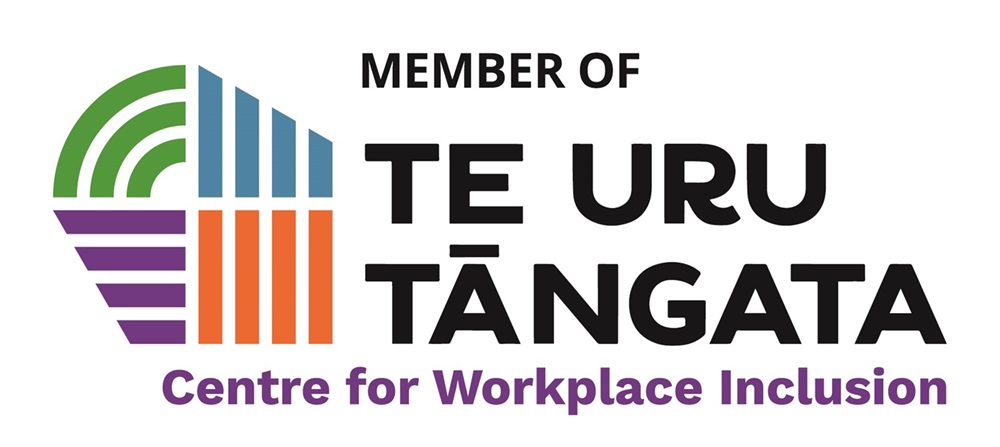The Education and Workforce Committee has reported back on ACT MP’s Employment Relations (Termination of Employment by Agreement) Amendment Bill (bill).
The bill would amend the Employment Relations Act 2000 to allow employers and employees to discuss ending employment by agreement, on a without-prejudice basis, without this giving rise to a personal grievance – provided specific procedural requirements are followed.
In effect, employers could propose an agreed end to employment without it being treated as an initiation of a constructive dismissal.
While aimed at introducing flexibility, the bill has faced criticism for potentially deepening power imbalances and discouraging open communication. See our earlier article for a range of perspectives, including ours.
The Committee recommends the bill proceed, with several key amendments.
Proposed Changes
The Committee proposes amendments to better align the bill with the Act and to add safeguards against unfair negotiations or procedural errors.
Pre-termination negotiations
A new preliminary step, “pre-termination negotiations,” is recommended.
Employers initiating these must:
- Inform employees of their right to representation before responding and at any stage.
- Allow reasonable time to obtain that representation.
- Provide information confirming that:
- the employee may decline to enter negotiations
- employment can only end if a termination agreement is signed.
The Committee also suggests limits on how often employers can request negotiations and confirms that the duty of good faith continues to apply.
Termination Agreements
If agreement is reached, the parties would sign a termination agreement that:
- Serves as a full and final settlement of all employment-related claims.
- Does not require certification by a mediator.
While this could ease pressure on MBIE mediation services, it does remove oversight designed to prevent employees from forgoing minimum entitlements such as unpaid wages or holiday pay.
Remedies
If procedural requirements are not met, the Employment Relations Authority could cancel a termination agreement.
Where “unfair pre-termination negotiations” occur, the Authority could order remedies including reinstatement, reimbursement of lost wages and compensation for humiliation or injury to feelings.
Our Perspective
Overall, the Committee’s recommendations represent a positive development. They introduce greater procedural clarity and help to address some of the power imbalance concerns present in the Bill’s original form.
That said, there remains a risk that employees may feel pressured to agree to such discussions or settlements, particularly in smaller workplaces. The process could legitimise proposals that are, in effect, dismissals “with a bit of money” rather than genuine mutual agreements.
We are also cautious about the breadth of the proposed “full and final settlement” clause. Allowing termination agreements to extinguish all potential employment claims, even those an employee is unaware of, creates risk. This could enable employers to use pre-termination discussions to shield themselves from future liability beyond termination issues, which would run contrary to the bill’s stated intent.
Either way, we anticipate a decline in formal performance and disciplinary processes, because some employers may favour the speed and simplicity of pre-termination discussions.
As with any major reform, some uncertainty will follow. New concepts such as pre-termination negotiations and unfair pre-termination conduct will almost certainly invite litigation as their scope and application are tested before the Employment Relations Authority and the courts.
Having passed the Committee stage, these recommendations are expected to be adopted, and the bill is likely to receive government support.
If you have questions about how this bill may affect you or your business, please contact a member of our employment law team.



